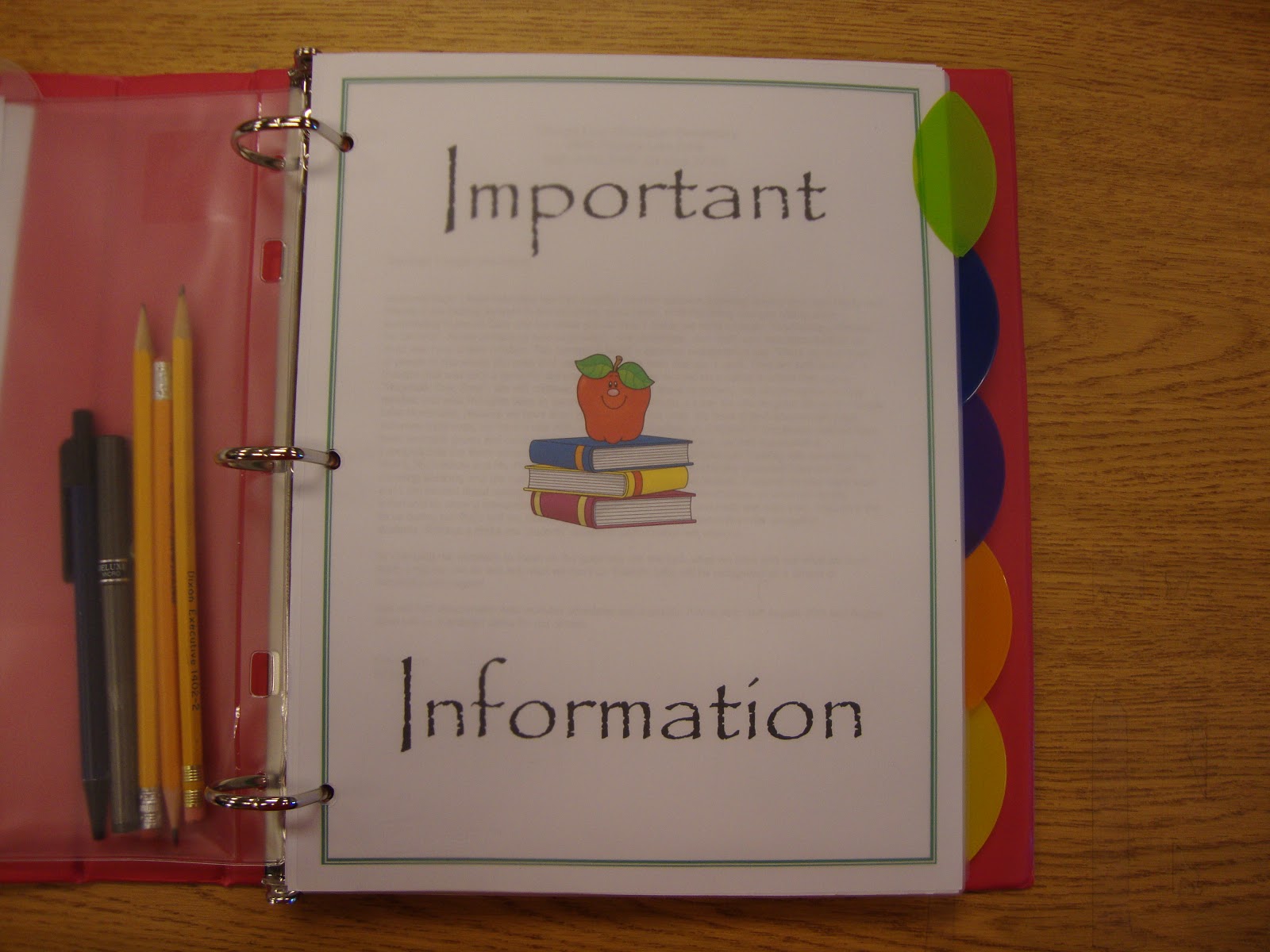Since rewards and competitions are not looked upon favorably in my school, I have had a difficult time coming up with a good classroom management plan for my music classes. After 5 years (and of course with me getting to know the children better and being consistent throught the years), I think I have finally come up with something that works.
I have 5 expectations (all of which can be summed up in the 5th and final expectation "always try your best"). I review the expectations every class for the first 9 or 10 weeks. I know that sounds a little extreme, but I have learned that children need a lot of repetition to really know and understand something. By doing this at the beginning of the year as much as I do, then towards the end of the year I don't have as many problems because the children know exactly what I expect. These are always posted in my room as well, right above the CD player. When I introduce them, I don't call them rules. I say "this is what good musicians do." I have 2 reward systems working together in my classes for students following the Good Musician Expectations.
For individual students, I have a "Good Musician Award." I choose 1 student from each class each week to be the Good Musician. I tell the classes every week what I am looking for, and I am very specific. I say that I will not choose a student that is talking, not listening, playing or being silly, not making good choices, etc. I am looking for someone that is making good choices every single time. This doesn't really make it a competition, because all of the students are trying to be the best that they can be. I do the individual reward because I think it is important to recognize individuals for their hard work and good choices. I also think it is important to teach students how to lose with a good attitude because in life we don't always win every single time. So even though I don't call it "winning" the award, I stress the importance of being a good sport and congratulating the student that was named the Good Musician, and I tell them that even though they didn't get it today, that it does not mean they weren't doing a good job (unless, of course, they were not making good choices). After a few weeks, they get it. And of course, I always try to get around to everyone by the end of the year :)
The second reward I have in my class is called "free choice music day." This is not a free day where the students get to do anything they want, but a day where I give them 3 choices of more fun activities and games that they can do instead of having a normal music class. I do this 3 times a year and my students really look forward to it. In order to participate in free choice day, the class has to have earned a certain number of awards. I give 1 award to the whole class every week that they are following directions and working hard.
If they have not earned a certain number, then the class does not get to participate during free choice week and we have regular music class instead. I review the expectations with the class at the beginning of music every week, and let them know that I will not give the class the award if they are talking, being silly, not listening, not following directions, etc. If I have to stop teaching to address an issue with the whole class, I put a talley mark on the board (which can be earned back). If the class has any talleys at the end, they do not get the award.
My consequences for not making good choices are very simple. For every offense, the student gets a strike. The 1st strike is a warning. I write down the student's name on a post-it note and stick it to the outside of the class folder. If that student starts making good choices again then I will mark it off. But if the student does not start making good choices, the strikes are:
2 - I speak to the classroom teachers about the behavior.
3 - I speak to the parents about the behavior.
4 - We speak to the principal about the behavior.
I tell the students that we only have music for 40 minutes, and there is no reason that anyone should ever get 4 strikes in 1 music class.
Classroom management is a process and of course I don't have it perfected (and I probably never will), but I think the most important thing I have learned so far are:
- Students have to be taught what they are expected to do and how they are expected to behave before you can expect them to do it.
- If you tell them that something is going to happen if they don't follow the expectations, then you better be prepared to do it because they will test you.
- Be consistent...don't adhere to your consequences just sometimes and ignore the behavior other times (or with certain students).

























